Science Printable primary worksheets
All of our Science resources come complete with answer sheets to save time for busy teachers and parents. Input your child’s scores and keep track of your child's progress.
worksheet plans from £3.20/monthAll of our Science resources come complete with answer sheets to save time for busy teachers and parents. Input your child’s scores and keep track of your child's progress.
worksheet plans from £3.20/month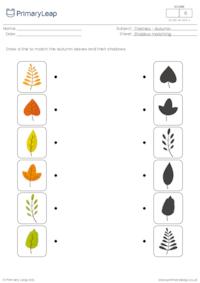
Shadow matching activities are a great way for children to learn how to identify objects where the shape is the distinguishing feature, not the colour or detail. Children draw a line to match the autumn leaves with their shadows.
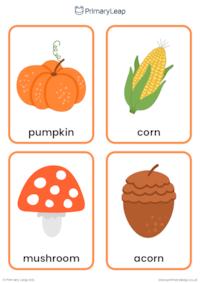
This helpful set of flashcards includes some colourful autumn-themed images, perfect for the autumn season! This resource can be used with the whole class or as an individual activity and includes the words: pumpkin, corn, mushroom, acorn, rain, umbrella, boot, and berry.
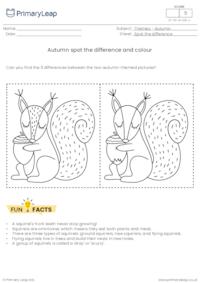
This fun memory game is a great brain exercise and challenges students to find out what's different in one picture from the other. This worksheet includes an autumn-themed picture with 5 differences. There are also some fun facts for children to learn about squirrels!
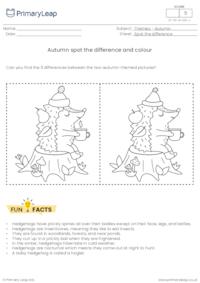
This fun memory game is a great brain exercise and challenges students to find out what's different in one picture from the other. This worksheet includes an autumn-themed picture with 5 differences. There are also some fun facts for children to learn about hedgehogs!
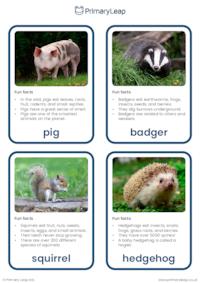
These colourful flashcards will help children recognise both meat and plant-eating animals (omnivores). This set of flashcards includes colourful photographs of omnivores that include: pig, badger, squirrel, hedgehog, raccoon, sloth, ant, and fox. This resource can be used with the whole class or as an individual activity. Each flashcard also includes some fun facts for children to learn about different omnivores.
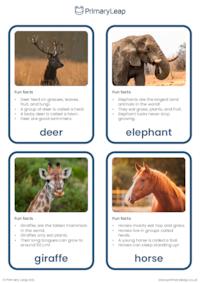
These helpful flashcards will help children recognise some different herbivorous animals. This set of flashcards includes colourful photographs of herbivores that include: deer, elephant, giraffe, horse, rabbit, hippopotamus, kangaroo, and cow. This resource can be used with the whole class or as an individual activity. Each flashcard also includes some fun facts for children to learn about different plant-eating animals.
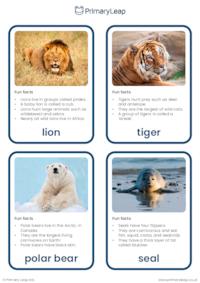
These helpful flashcards will help children recognise some different carnivorous animals. This set of flashcards includes colourful photographs of carnivores that include a lion, tiger, polar bear, seal, wolf, owl, cheetah, and crocodile. This resource can be used with the whole class or as an individual activity. Each flashcard also includes some fun facts for children to learn about different carnivores.
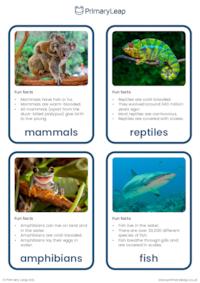
These helpful flashcards will help children recognise some different groups of vertebrates. This set of flashcards includes colourful photographs of vertebrates that include mammals, birds, fish, amphibians, and reptiles. This resource can be used with the whole class or as an individual activity. Each flashcard also includes some fun facts for children to learn about different groups of vertebrates.
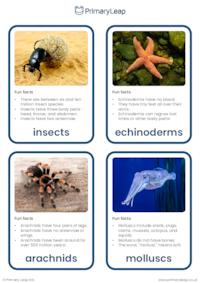
These helpful flashcards will help children recognise some different types of invertebrates. This set of flashcards includes colourful photographs of an insect, echinoderm, arachnid, mollusc, crustacean, and annelid. This resource can be used with the whole class or as an individual activity. Each flashcard also includes some fun facts for children to learn about different species of invertebrates!
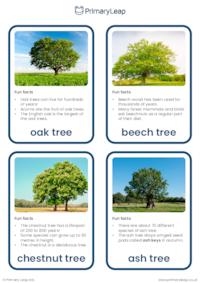
These helpful flashcards will help children recognise some beautiful common trees. This set of flashcards includes colourful photographs of an oak tree, beech tree, chestnut tree, ash tree, sycamore tree, and a willow tree. This resource can be used with the whole class or as an individual activity. Each flashcard also includes some fun facts for children to learn!
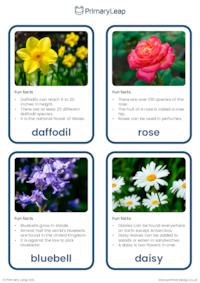
These helpful flashcards will help children recognise some beautiful flowers and plants. This set of flashcards includes colourful photographs of daffodils, roses, bluebells, daisies, buttercups, sunflowers, tulips, primroses, ivy, poppies, snowdrops, lilies, pansies, and cacti. This resource can be used with the whole class or as an individual activity. Each flashcard also includes some fun facts for children to learn!
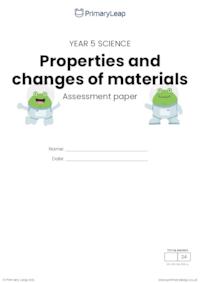
This year 5 science assessment paper can be used to test your child's knowledge of the science unit - Properties and changes of materials. There is a variety of questions for students to answer.
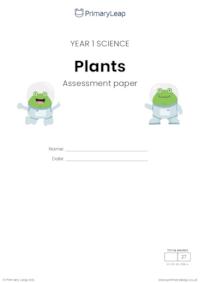
This assessment paper can be used to test your child's knowledge of the science unit - Plants.
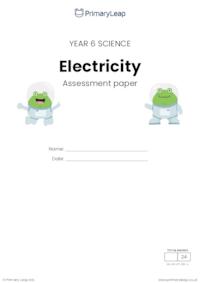
This year 6 science assessment paper can be used to test your child's knowledge of the science unit - Electricity. There is a variety of questions for students to answer.
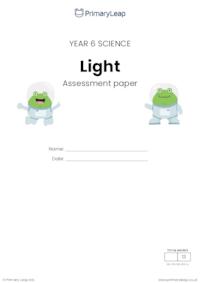
This year 6 science assessment paper can be used to test your child's knowledge of the science unit - Light. There is a variety of questions for students to answer.
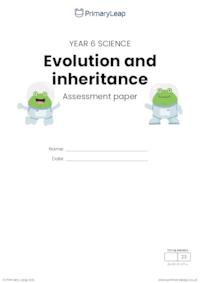
This year 6 science assessment paper can be used to test your child's knowledge of the science unit - Evolution and inheritance. There is a variety of questions for students to answer.
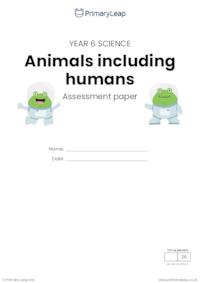
This year 6 science assessment paper can be used to test your child's knowledge of the science unit - Animals, including humans. There is a variety of questions for students to answer.
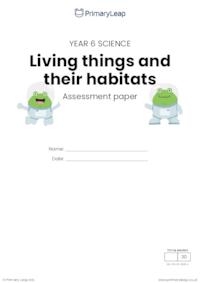
This year 6 science assessment paper can be used to test your child's knowledge of the science unit - Living things and their habitats. There is a variety of questions for students to answer.
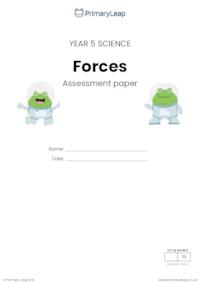
This year 5 science assessment paper can be used to test your child's knowledge of the science unit - Forces. There is a variety of questions for students to answer.
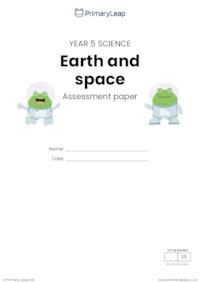
This year 5 science assessment paper can be used to test your child's knowledge of the science unit - Earth and space. There is a variety of questions for students to answer.
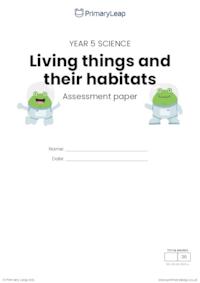
This year 5 science assessment paper can be used to test your child's knowledge of the science unit - Living things and their habitats. There is a variety of questions for students to answer.
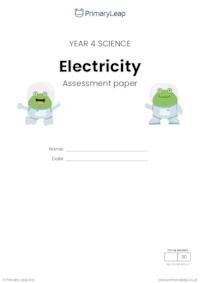
This year 4 science assessment paper can be used to test your child's knowledge of the science unit - Electricity. There is a variety of questions for students to answer.
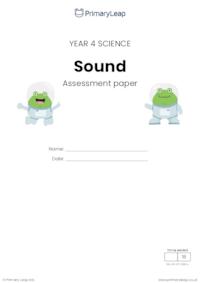
This year 4 science assessment paper can be used to test your child's knowledge of the science unit - Sound. There is a variety of questions for students to answer.
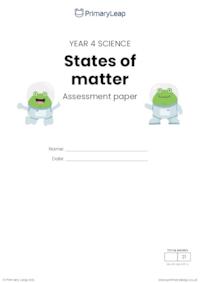
This year 4 science assessment paper can be used to test your child's knowledge of the science unit - States of matter. There is a variety of questions for students to answer.
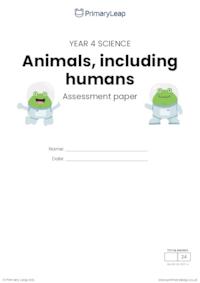
This year 4 science assessment paper can be used to test your child's knowledge of the science unit - Animals, including humans. There is a variety of questions for students to answer.
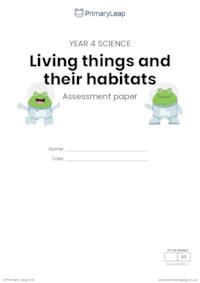
This year 4 science assessment paper can be used to test your child's knowledge of the science unit - Living things and their habitats. There is a variety of questions for students to answer.
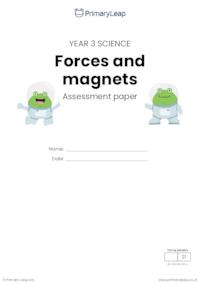
This year 3 science assessment paper can be used to test your child's knowledge of the science unit - Forces and magnets. There is a variety of questions for students to answer.
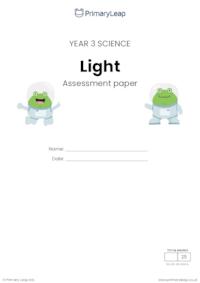
This year 3 science assessment paper can be used to test your child's knowledge of the science unit - Light. There is a variety of questions for students to answer.
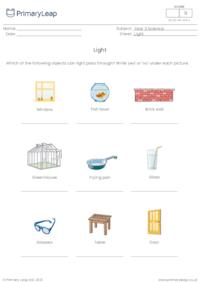
Which of the following objects can light pass through? Children write 'yes' or 'no' under each picture.
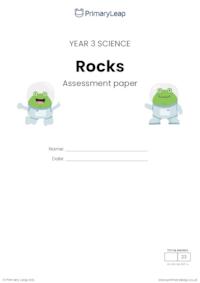
This year 3 science assessment paper can be used to test your child's knowledge of the science unit - Rocks.
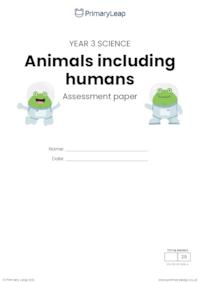
This year 3 science assessment paper can be used to test your child's knowledge of the science unit - Animals, including humans.
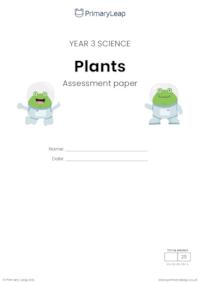
This assessment paper can be used to test your child's knowledge of the science unit - Plants.
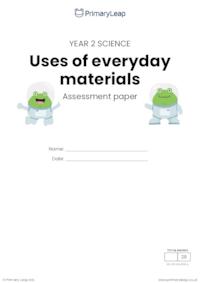
This assessment paper can be used to test your child's knowledge of the science unit - Uses of everyday materials.
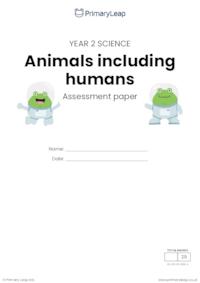
This assessment paper can be used to test your child's knowledge of the science unit - Animals, including humans.
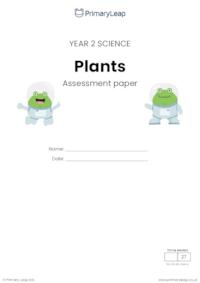
This assessment paper can be used to test your child's knowledge of the science unit - Plants.
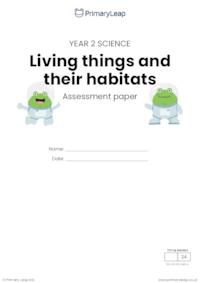
This assessment paper can be used to test your child's knowledge of the science unit - Living things and their habitats.
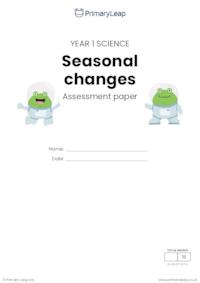
This assessment paper can be used to test your child's knowledge of the science unit - Seasonal changes.
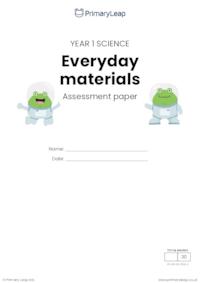
This assessment paper can be used to test your child's knowledge of the science unit - Everyday materials.
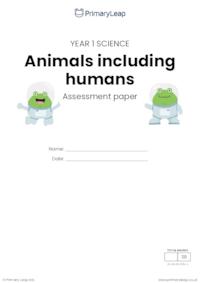
This assessment paper can be used to test your child's knowledge of the science unit - Animals, including humans.
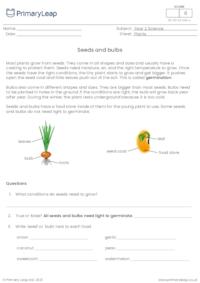
Seeds and bulbs have a food store inside of them for the young plant to use. Some seeds and bulbs do not need light to germinate. This science worksheet can be used when teaching children about the topic of plants.
 Free
Free
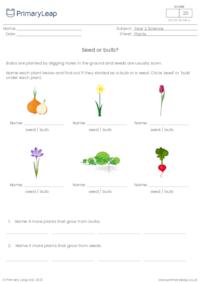
Bulbs are planted by digging holes in the ground and seeds are usually sown. Children name each plant and find out if they started as a bulb or a seed.
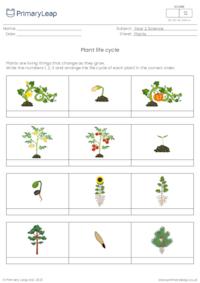
Children learn and order the stages of the life cycle of a plant by writing 1, 2, and 3.
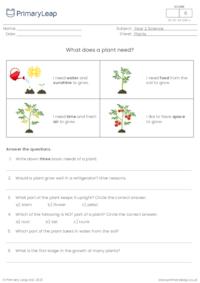
Plants need warmth, light, water, and nutrients to grow. Children learn what a plant needs to be healthy and answer the questions.
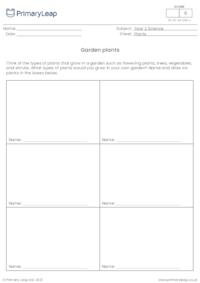
Think of the types of plants that grow in a garden such as flowering plants, trees, vegetables, and shrubs. What types of plants would you grow in your own garden? Children name and draw six plants in each of the boxes below.
 Free
Free
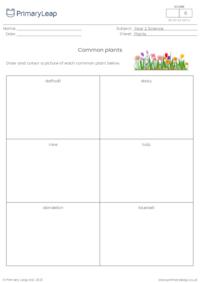
This fun science activity on plants asks children to draw and colour a picture of each common plant.
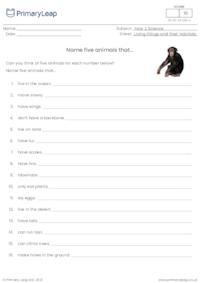
A fun creative thinking exercise for students. They must think of five animals for each number.
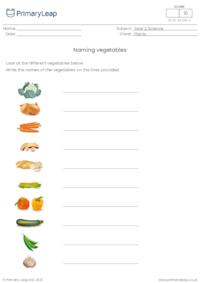
Children identify and write the names of the vegetables on the lines provided.
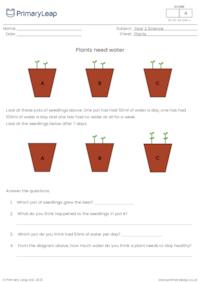
Children look at the seedlings after 7 days and answer the questions.




Check out our ready-to-use Science worksheets that can be used in the classroom or at home. Simply download or print and watch your child’s confidence grow with our easy to follow Science printables.


One of the best things about printable worksheets is that they make learning fun and easy. Explore our educational resources based on Science and keep your children learning through these fun and engaging exercises.


Our Science printable worksheets are designed for progressive learning. Our engaging content enables a child to learn at their own speed and gain confidence quickly. When we help a child believe in themselves, we empower them for life.


Printable worksheets are a great way to enhance creativity and improve a child’s knowledge. Help your child learn more about Science with this great selection of worksheets designed to help children succeed.
An email has been sent to your account please activate your account to continue.

PrimaryLeap has introduced a new interactive learning platform and would like to offer you a completely Free Upgrade.
We understand that you may only want to use our services for worksheets and may not want to upgrade your account.
But if you are interested in trying out our new services then you're just a click away.
An email has been sent to your account please activate your account to continue.
You've answered
and have 2 Questions remaining
Import multiple students information through a CSV File. Browse or drag .CSV file below.